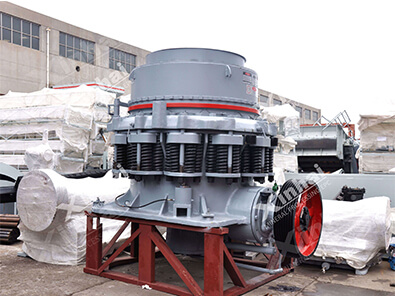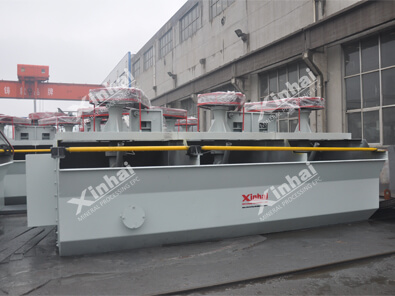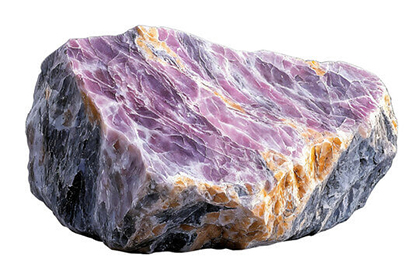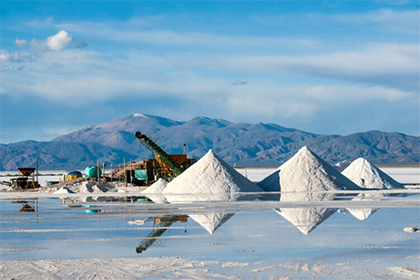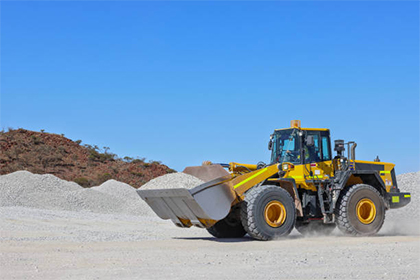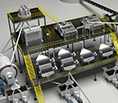A Comprehensive Guide to Lithium Processing Automation Systems
 Laura
Laura
 Dec 03, 2024
Dec 03, 2024
 436
436
If you want to know more details about equipment, solutions, etc, please click the button below for free consultation, or leave your requirements!

( Ore dressing plant automation control room )
As the demand for lithium continues to surge, driven primarily by the growth of electric vehicles (EVs) and renewable energy storage solutions, the lithium processing industry faces increasing pressure to enhance efficiency and reduce operational costs. One way to achieve these goals is through the implementation of automation systems in lithium processing. This comprehensive guide explores the key components, benefits, challenges, and future trends of lithium processing automation systems.
01Understanding Lithium Processing
Back1. What is Lithium Processing?
Lithium processing refers to the techniques and methods used to extract lithium from its ores or brines and convert it into a usable form, such as lithium carbonate or lithium hydroxide. The primary sources of lithium are hard rock deposits (like spodumene) and lithium-rich brines found in salt flats. The processing involves several stages, including crushing, grinding, concentration, and chemical extraction.
2. The Importance of Automation in Lithium Processing
Automation plays a crucial role in modern lithium processing for various reasons:
Efficiency: Automated systems can operate continuously, optimizing throughput and minimizing downtime.
Precision: Automation enhances the accuracy of measurements and controls, leading to improved product quality.
Safety: By reducing human intervention in hazardous environments, automation minimizes the risk of accidents.
Data Management: Automated systems provide real-time data collection and analysis, facilitating better decision-making.
02Key Components of Lithium Processing Automation Systems
Back1. Control Systems
Control systems form the backbone of any automation setup. These systems manage and regulate various processes involved in lithium processing. They include:
Distributed Control Systems (DCS): These systems provide centralized control over various plant operations, allowing for real-time monitoring and adjustments.
Programmable Logic Controllers (PLC): PLCs are used to automate specific processes, providing flexibility and robustness in controlling machinery and equipment.
2. Sensors and Instrumentation
Sensors are vital for gathering data and monitoring conditions within the processing plant. Key types of sensors used in lithium processing include:
Temperature Sensors: Monitor the temperature of materials during processing to ensure optimal reaction conditions.
Pressure Sensors: Measure pressure in reactors and other equipment, ensuring safe and efficient operation.
Flow Meters: Track the flow of liquids and slurries, enabling precise control of material inputs and outputs.
3. Robotics and Automation Equipment
Robotics are increasingly being utilized in lithium processing to enhance efficiency and reduce labor costs. Common applications include:
Automated Material Handling: Robots can transport raw materials and finished products, minimizing manual labor and increasing safety.
Sampling and Quality Control: Automated sampling systems can quickly and accurately assess the quality of lithium products, ensuring compliance with specifications.
4. Data Management Systems
Data management systems are crucial for analyzing and interpreting the vast amounts of data generated by automated processes. These systems facilitate:
Real-Time Monitoring: Operators can access real-time data on process performance, allowing for immediate adjustments if necessary.
Predictive Analytics: Advanced analytics can predict equipment failures or process inefficiencies, enabling proactive maintenance and optimization.
03Benefits of Lithium Processing Automation Systems
Back1. Increased Efficiency and Productivity
Automation significantly enhances the efficiency of lithium processing operations. By optimizing various stages of processing, automated systems can increase throughput and reduce production time. This translates into higher productivity and greater output, crucial for meeting the growing demand for lithium.
2. Improved Quality Control
Automated systems enhance the precision of measurements and controls, leading to improved product quality. With real-time monitoring and data analysis, operators can quickly identify deviations from desired parameters and make necessary adjustments. This ensures that the final lithium products meet stringent quality standards.
3. Enhanced Safety
Safety is a paramount concern in lithium processing, given the potentially hazardous materials and processes involved. Automation reduces the need for human intervention in dangerous environments, minimizing the risk of accidents. Moreover, automated systems can include safety protocols that automatically shut down equipment in case of emergencies.
4. Cost Savings
While the initial investment in automation technology can be substantial, the long-term savings often outweigh these costs. Automation reduces labor costs, minimizes waste, and optimizes resource utilization, leading to significant operational savings over time.
04Challenges in Implementing Automation
Back1. High Initial Investment
One of the primary challenges of implementing lithium processing automation systems is the high initial investment required. Companies must carefully evaluate the return on investment (ROI) and consider the long-term benefits of automation against the upfront costs.
2. Integration with Existing Systems
Integrating new automation systems with existing processes can be complex. Companies must ensure compatibility and may need to retrain staff to operate new technologies effectively. This integration process can also lead to temporary disruptions in production.
3. Technical Expertise
The adoption of automation requires skilled personnel to manage and maintain advanced systems. There is often a shortage of professionals with the necessary expertise in automation technologies, necessitating investment in training and education.
05Future Trends in Lithium Processing Automation
Back1. Artificial Intelligence and Machine Learning
The integration of artificial intelligence (AI) and machine learning in lithium processing automation systems is set to revolutionize the industry. These technologies can analyze vast amounts of data to optimize processes, predict outcomes, and enhance decision-making.
2. Remote Monitoring and Operations
The trend towards remote monitoring and operations is growing, allowing operators to manage processes from anywhere. This capability enhances safety by reducing the need for personnel on-site in potentially hazardous environments.
3. Sustainable Practices
As environmental concerns become increasingly important, automation will play a crucial role in developing sustainable lithium processing practices. Automated systems can optimize resource use, minimize waste, and reduce the environmental footprint of lithium extraction and processing.
4. Advanced Robotics
The use of robotics in lithium processing is expected to increase. Automated robots can perform repetitive tasks, such as material handling and sampling, improving efficiency and safety.
06Conclusion
BackThe implementation of lithium processing automation systems is essential for meeting the growing demand for lithium while enhancing efficiency, safety, and product quality. Despite the challenges associated with integrating automation technologies, the benefits far outweigh the drawbacks.
As the industry evolves, embracing automation will be crucial for lithium processing companies to remain competitive and sustainable. By investing in advanced technologies and training, companies can optimize their operations and contribute to the responsible development of lithium resources, paving the way for a greener and more sustainable future.
Contact us and learn more about lithium processing automation!
 +86 18234403483
+86 18234403483 yanzhang19990421@gmail.com
yanzhang19990421@gmail.com



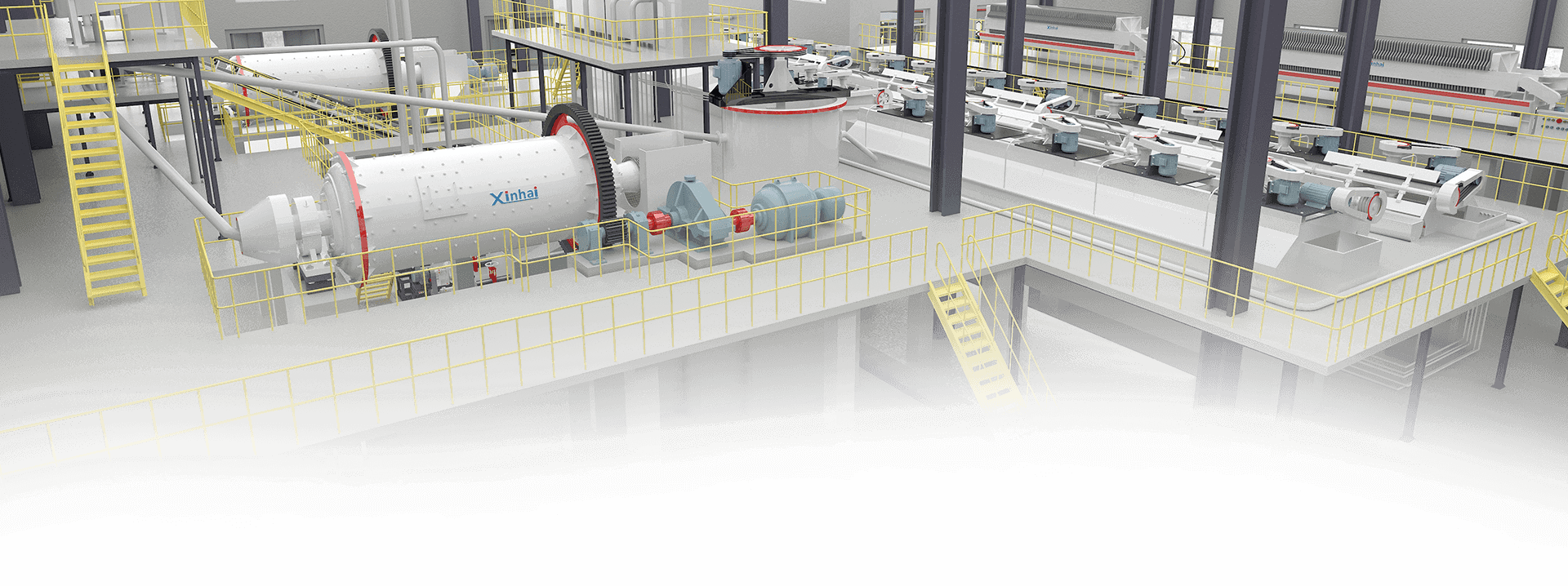
 Message
Message Chat Now
Chat Now


